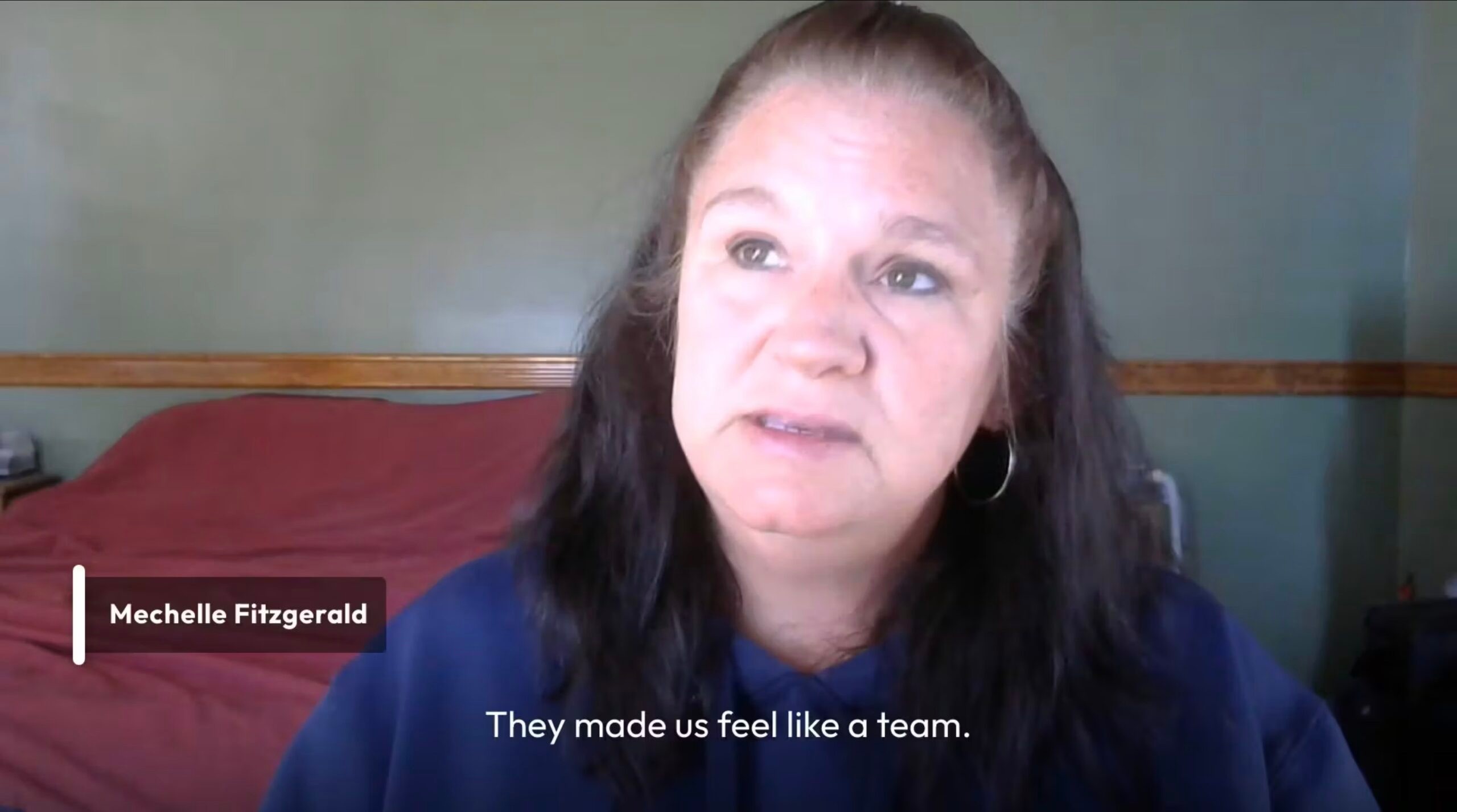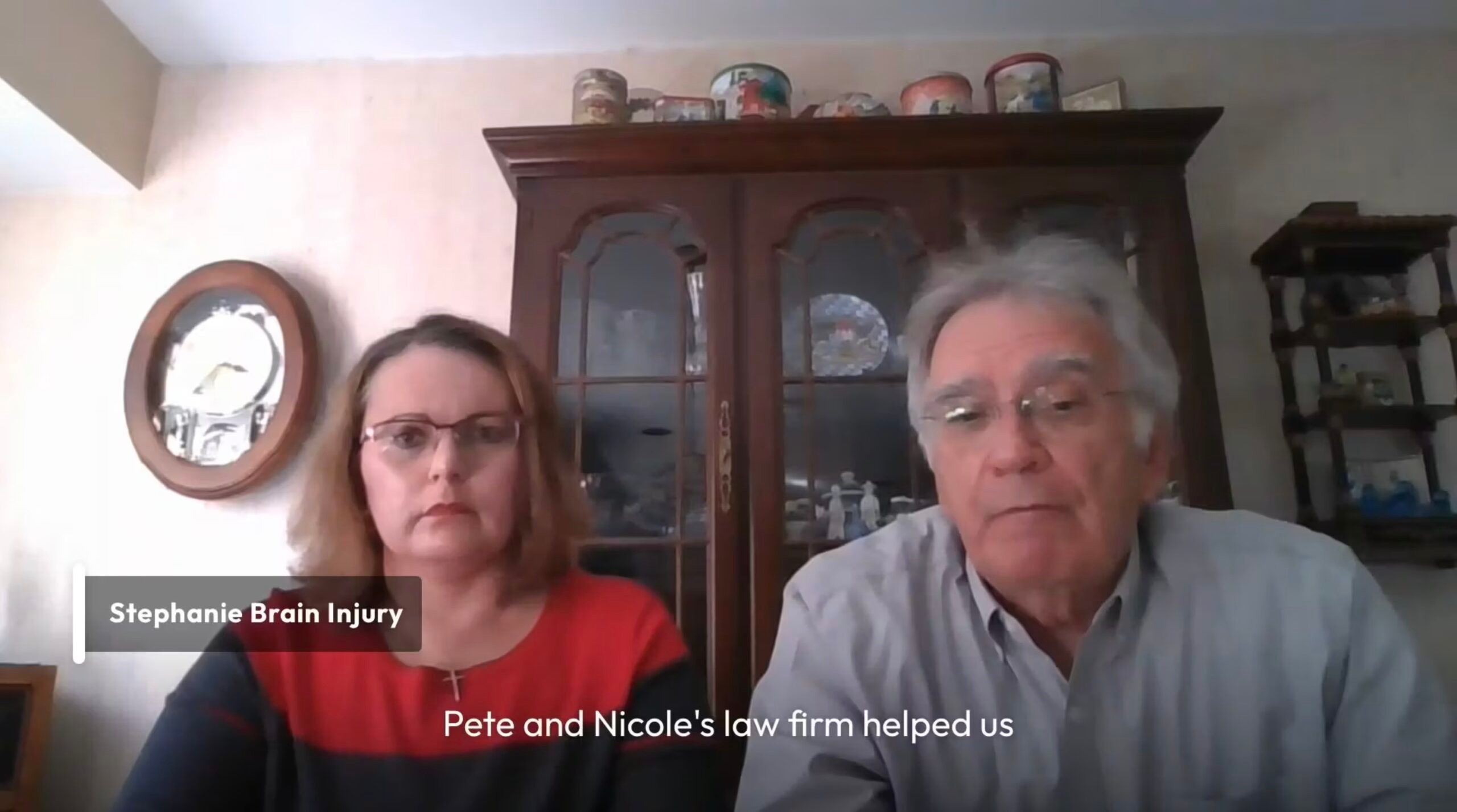Can I Sue for Negligence?

Can I File a Lawsuit Over Negligent Actions?
While some personal injury claims arise from intentional acts or are founded on strict liability laws, the majority of tort law cases are based on negligence. For a negligence claim to be successful, the plaintiff must demonstrate that the liable party caused careless or accidental harm through their actions or omissions. Proving negligence in a lawsuit is a multi-step process that requires strong evidence of the damage caused by the harmful acts and clear connections between the defendant’s actions and the plaintiff’s losses. If you are considering suing over negligence, it is advisable to seek the guidance and counsel of an experienced personal injury lawyer who can evaluate your case and determine the best way to move forward.
What is Negligence?
Negligence is a legal concept that refers to the failure to exercise appropriate care expected under specific circumstances. It involves harm caused by carelessness or the failure to act, possibly with extenuating circumstances. The core idea is that individuals should exercise reasonable care in their actions, considering the potential harm they might foreseeably cause to others or their property. Under the law, a defendant may be found negligent if they fail to exercise the level of care toward another person that a prudent or reasonable individual would use in a similar situation.
What Are the Five Elements of Proving Negligence?
Negligence can result in many different types of hazardous accidents, from car crashes to medical malpractice. The burden of proof in a negligence-based personal injury claim lies with the plaintiff. To establish a claim and hold the liable party responsible for your damages, your legal team must prove through a preponderance of evidence the presence of the following five key elements of negligence.
Duty of Care
The duty of care is a legal obligation that requires individuals or organizations to adhere to a standard of reasonable care to avoid acts or omissions that could foreseeably harm others. This duty of care may have precise legal definitions due to the defendant’s relationship to the plaintiff, such as with doctors and patients or property owners and guests. However, the law also recognizes a general standard of care that all individuals owe to others they may encounter in their daily lives.
Breach of Duty
The plaintiff must prove definitively that the defendant failed to meet the standard of care required in the given situation. For example, all operators of motor vehicles have a duty to follow the rules of the road and drive appropriately based on the weather conditions to keep their fellow drivers safe from harm. A driver has breached their duty of care if they caused an accident by traveling above the speed limit. The court will judge the reasonableness of the defendant’s actions by comparing them to what a reasonable person with the same training and experience would have done if faced with the same circumstances.
Cause in Fact
This element of negligence requires the plaintiff to establish a clear connection between the harm they suffered and the defendant’s negligent actions. It requires proving cause and effect between the act and the damages. Showing that the harm would not have occurred if not for the defendant’s actions is usually enough to substantiate them as the cause in fact of the injuries and losses.
Proximate Cause
Proximate cause is similar to cause in fact but requires the plaintiff’s legal team to prove that the defendant’s actions were the legal cause of the harm, taking into account foreseeability. Even if the defendant’s actions were the cause in fact of the plaintiff’s injuries, they may not be liable if the damage was not reasonably foreseeable. The plaintiff’s role in the accident may also be considered if they acted in a manner that may have increased their likelihood of injury. The effect of third parties on the situation can be a factor as well when determining if the outcome of the defendant’s actions should have been anticipated.
Harm to the Plaintiff
A lawsuit’s purpose is to seek compensation for the losses the victim suffered due to the negligent act. The plaintiff must show that they have suffered actual damages or harm as a result of the defendant’s breach of duty, such as physical injuries, mental suffering, or property damage. An act of negligence that does not result in some type of direct harm is not eligible for a lawsuit.
What Damages Can You Recover By Suing for Negligence?
Negligent acts can lead to physical injury, harm to property, emotional distress, or economic loss. Those who suffer losses caused by another’s negligence may be able to file a claim for damages to compensate for the harm they’ve experienced. Through a negligence lawsuit, you may be able to recover:
- Economic damages: These damages provide payment for financial losses related to your accident, including lost wages, medical bills, and the cost of repairing or replacing personal property.
- Non-economic damages: The extent of the harm caused by accident injuries often goes far beyond monetary impacts. While money cannot reverse the pain, mental anguish, and other afflictions you’ve felt, receiving compensation for these losses can help you get treatment and will provide financial stability for you and your loved ones.
- Punitive damages: In some rare cases where the defendant’s actions were grossly negligent and egregious, the court may award punitive damages to punish the individual or entity for their blatant wrongdoing.
How Can Our Law Firm Assist You if You’ve Been Harmed By Someone Else’s Negligence?
Successfully proving all the elements of negligence is often a complex process that requires thorough investigation and a strong ability to organize and present supporting evidence. By enlisting the services of the experienced lawyers at Villari, Giannone & Matteo P.C. for your negligence lawsuit, you are giving yourself the peace of mind that comes with knowing your case will be handled with care and tenacity. We understand the intricacies of personal injury law and will utilize our skills and knowledge to help you reach the best possible outcome for your situation. Contact our law firm today at 610-609-8477 to schedule a free case evaluation.
![Quote]() "Want to thank all of you once again not only for your professional services but your friendship and feeling like family through all of these past four years as we fought to rebuild Stefanie's life. I could not have made a better choice for helping us through this ordeal."
"Want to thank all of you once again not only for your professional services but your friendship and feeling like family through all of these past four years as we fought to rebuild Stefanie's life. I could not have made a better choice for helping us through this ordeal."Karl
- "They are all very helpful, caring and they do everything to try to make sure you as a client are OK and get you what you deserve. I would recommend them to anyone. They are a great law firm."
Tiffany
![Quote]() "I will happily be recommending your firm to anyone who may need your help in the future because of Jen, Eric and Brian."
"I will happily be recommending your firm to anyone who may need your help in the future because of Jen, Eric and Brian."Michelle
Hear What Our Clients Have to Say






